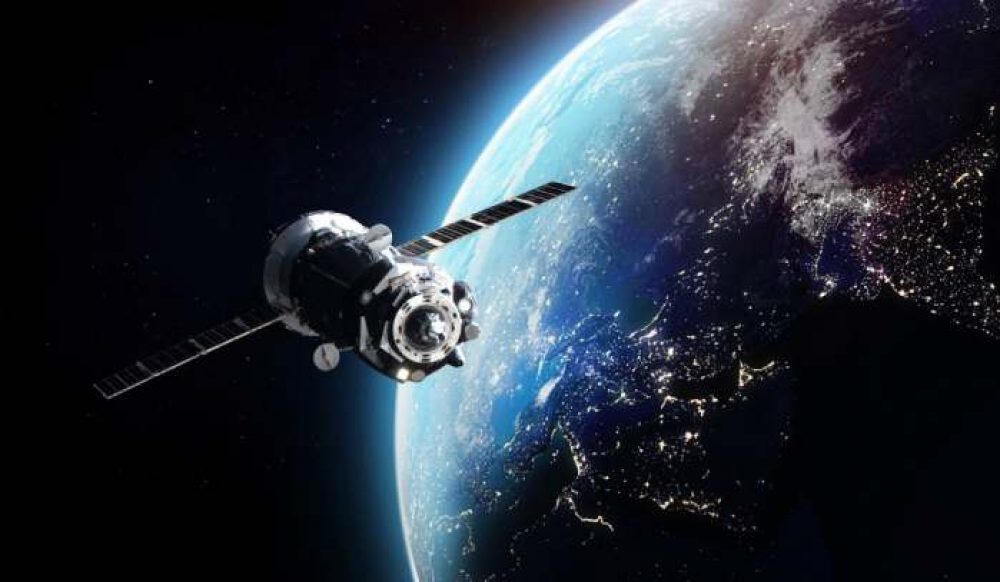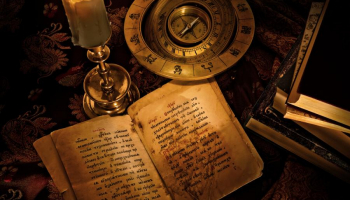
Revelation Space
Like most of the best science fiction novels, H.G. Wells’s The War of the Worlds was light years ahead of its time. Its popularity may have been unjustly overshadowed by the infamous radio adaptation by one Orson Welles, which sent Americans to a state of panic. People were scared silly thinking they were listening to news of a real alien attack, when, in fact, it was Orson’s pure work of fiction.
Mars has become a barren, resource-less wasteland and therefore uninhabitable for the Martians, who must now find another planet to call home. The search brings them to Earth, where they wreak havoc on human beings in an attempt to create a clean slate for themselves on the new planet.
It was astronomer Ogilvy and the narrator who first noticed the arrival of the Martian and their onslaught from the skies. Will the new colonizers manage to subjugate the human race and guarantee the survival of the Martian lineage? Or will they be wiped first by a human vice?
Having been around for more than a century, H. G. Wells’s The War of the Worlds still tickles the readers’ fancy, which makes it easily one of the best books of all time. In every respect, this is a genre-defining novel.
Part of this book’s charm is that it doesn’t have a clear hero character, nor does it possess any remarkable battle to rule them all. Instead, the invading Martians are defeated in a much more subtle and prosaic way. What’s more, even the language and style used in the novel is down to Earth, matter-of-fact. For instance, the first thing that Ogilvy notes when the new creatures emerge from their cylinder is their “lack of a chin.”
One thing that the vast majority of readers may miss is the fact that the novel actually is critical of the destructive nature of the human race. Throughout the book, Wells repeatedly draws some comparison between Martian’s destructive actions and our own destruction of nature, indigenous cultures, and wildlife for the sake of “civilization” or “progress.”
In this terrifying tale, you get a sneaky sense that perhaps humankind deserves the Martian invasion for thinking of itself as an invincible race. When you think about it, that’s what makes The War of the Worlds a much more entertaining and satisfying work of science fiction. After all, straight, pulp-style, alien attack drama has become cliché.
In a way, The War of the Worlds’ unique outlook of humanity has paved the way for not just adventure, sci-fi, and post-apocalyptic writers, but for how we think of ourselves as a civilization, as well. Another fascinating thing about this novel is the altruistic perspective.
Most sci-fi and indeed adventure books pull all the stops to give the reader a blow-by-blow unfolding of events. By the end of the story, the protagonist and their clique will win the day with heroic stunts and a clever series of ideas. In this novel, however, you will get a different perspective, as the story is told from the point of view of an “average joe” on the streets of Victorian England. We get to hear, see, and perhaps experience what the common folk goes through in case of a disaster, such as an alien invasion.
No character or a group of protagonists try to save the whole world on their own. Still, we get to read about the human race at its best and how petty and small we can sometimes become. The story also touches on the human’s ability to survive, our resilience as a race in the face of monstrous adversity.
There are multiple themes shining through the novel, as well, including the debate on evolution and natural selection, which ties with a clear warning about overestimating our intelligence alone. The theme of science versus religion also shines through. All in all, The War of the Worlds is an evergreen read, one that should never miss on your must-read collection.


 Amazon.com
Amazon.com 







